The big journals and Nobel laureates are the equivalent of Congressional leaders in science journalism
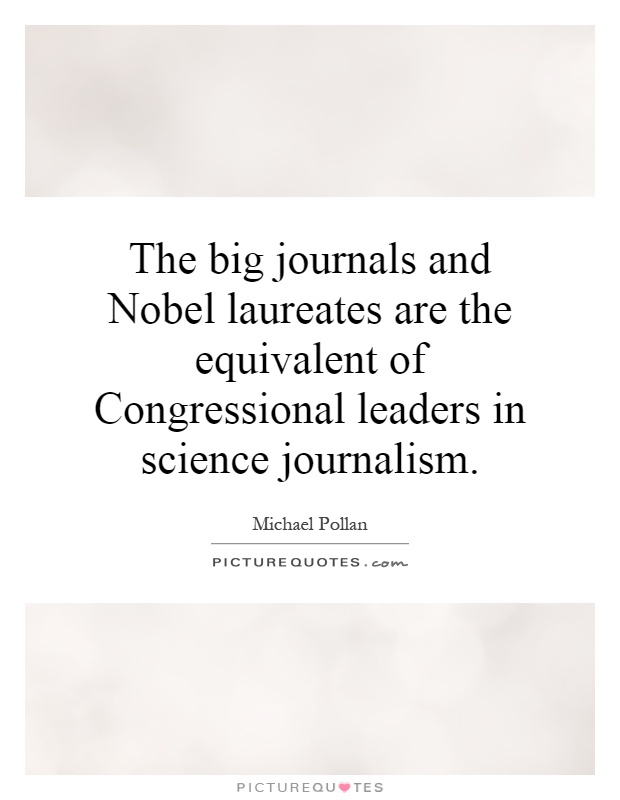
The big journals and Nobel laureates are the equivalent of Congressional leaders in science journalism
In the world of science journalism, the big journals and Nobel laureates hold a significant amount of power and influence. Just as Congressional leaders shape the direction of policy and legislation in government, these figures play a crucial role in shaping the discourse and direction of scientific research and reporting.Michael Pollan, a renowned author and journalist known for his work on food, agriculture, and the environment, has often critiqued the influence of big journals and Nobel laureates in the field of science journalism. Pollan has argued that these institutions and individuals have the power to dictate what research gets funded, what studies get published, and ultimately what information is disseminated to the public.
In many ways, the big journals and Nobel laureates act as gatekeepers in the world of science journalism. They have the authority to determine what is considered "legitimate" science and what is not, which can have far-reaching implications for the public's understanding of complex scientific issues. This power dynamic can also create a hierarchy within the scientific community, where certain researchers and institutions are given more credibility and visibility than others.
Pollan has been critical of this system, arguing that it can stifle innovation and diversity of thought in scientific research. He has called for a more open and inclusive approach to science journalism, one that values a range of perspectives and voices. Pollan believes that by challenging the dominance of big journals and Nobel laureates, we can create a more democratic and transparent system of scientific communication.

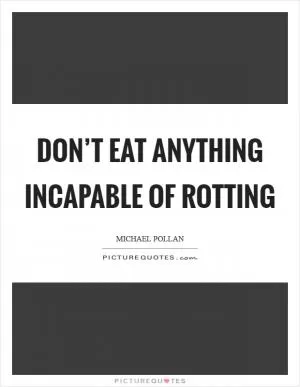
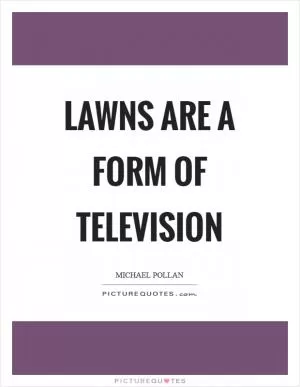

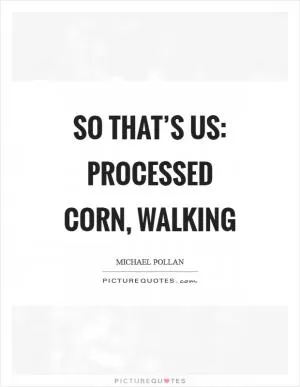
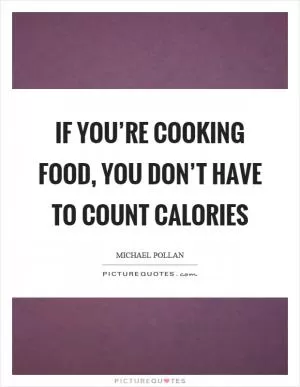
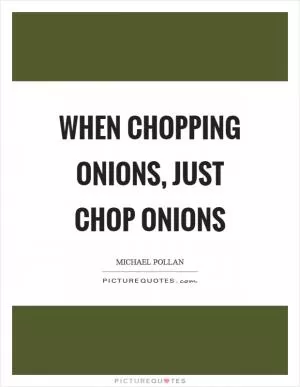
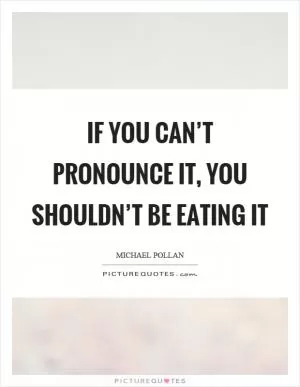
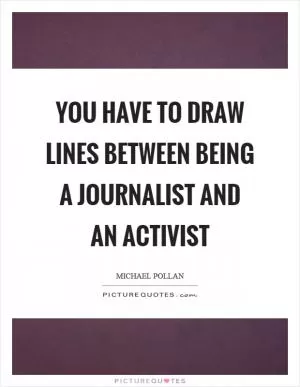
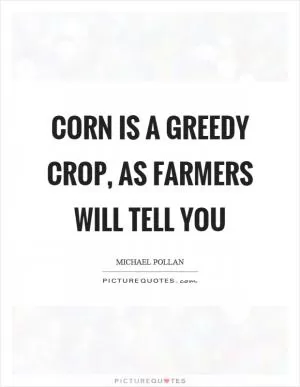
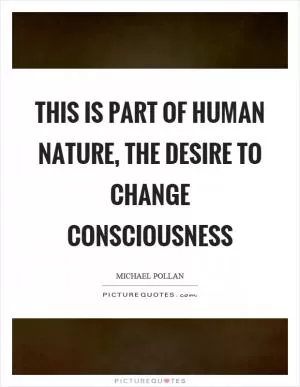

 Friendship Quotes
Friendship Quotes Love Quotes
Love Quotes Life Quotes
Life Quotes Funny Quotes
Funny Quotes Motivational Quotes
Motivational Quotes Inspirational Quotes
Inspirational Quotes